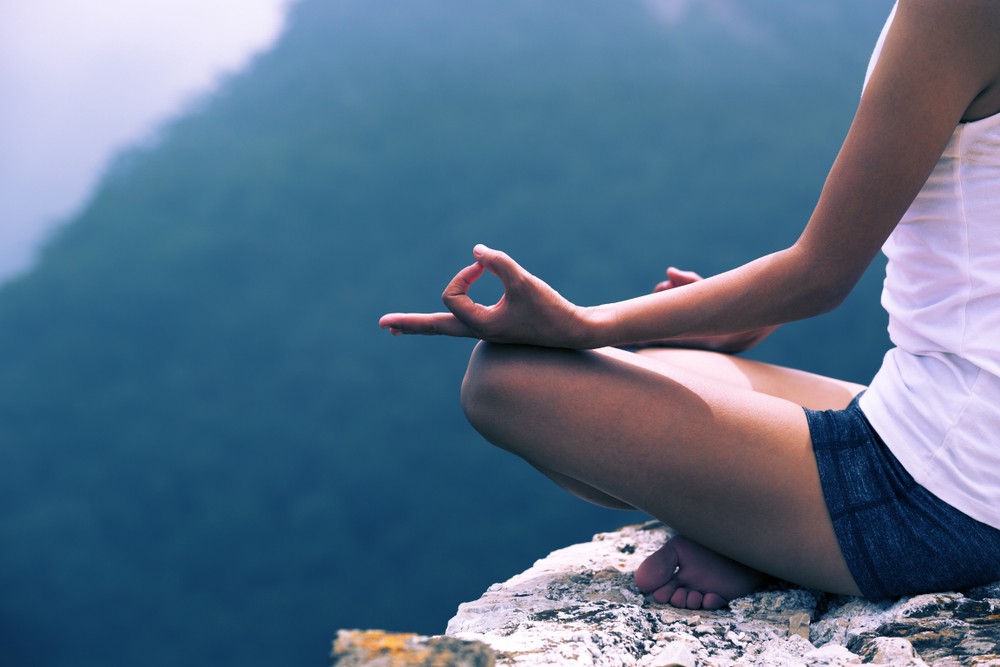Easy. They work. And here’s why.
Our gas pedal’s down
Today’s world is hectic, and it’s easy to be a little bit stressed out most of the time. We all know that, so I assume there’s no need to elaborate. Let’s continue.
When we’re stressed, one of our autonomic nervous systems is active, and that is a sympathetic nervous system. It works in our body as a gas in your car: increasing the heart rate and preparing everything to fight of flight. Also, it’s shutting down everything non-essential, such as our immune system. If the threat continues, our body starts to produce cortisol to maintain the stress response.
As you can guess, always living with an active sympathetic nervous system — the gas pedal pressed down— does not lead to any good. (A hint: the numerous side effects of chronic stress.)
If there’s a gas, there has to be a break
Our biological brake is called a parasympathetic nervous system. Through the vagus nerve, it calms our body down after the fuss, reducing heart rate and blood pressure, and stimulating digestive system: that’s why we also call it a rest and digest response.
When we are relaxed, our body uses resources toward our immune system, which is one of the reasons why resting is such a crucial part of our health.
Our brake works both ways
And what does this have to do with yoga and other practices mentioned above? Here’s the thing: our biological break calms our body down, but we can also help activate it ourselves. Relaxing the muscles, focusing on the now, resting, and deepening our breathing are known to activate the ‘rest and digest’ response.
That’s precisely what people do in yoga, in meditation, and in mindfulness practices.
Instead of a woo-woo, those trendy (yet ancient) phenomena are based on our bodies working naturally in a way they’re supposed to work when we stop, breathe, and focus. Of course, there’s much more to the popularity of these practices; this is merely one of the scientific explanations of their effectiveness.
The fascinating part of it is that you don’t even have to “believe” in it. If you’re feeling stressed, try to stop for a while and take a few deep breaths. Or take a walk in nature and observe your surroundings. Your body will do all the good for you, whether you see yourself as a meditation type of a person, or not.
Do yourself a favor
Every now and then — without any excuses — do whatever makes your muscles relax and heart rate slow down to activate the parasympathetic nervous system. Marathons are not possible without resting before and after the performance. And life can be quite a marathon, even without running.
“I usually run a marathon without resting before and after it.” — said no one ever
Never, ever underestimate the importance of resting.
If you want to kick ass and succeed, find your methods for relaxing and recovering. And most importantly, use them frequently.
Originally published at medium.com


